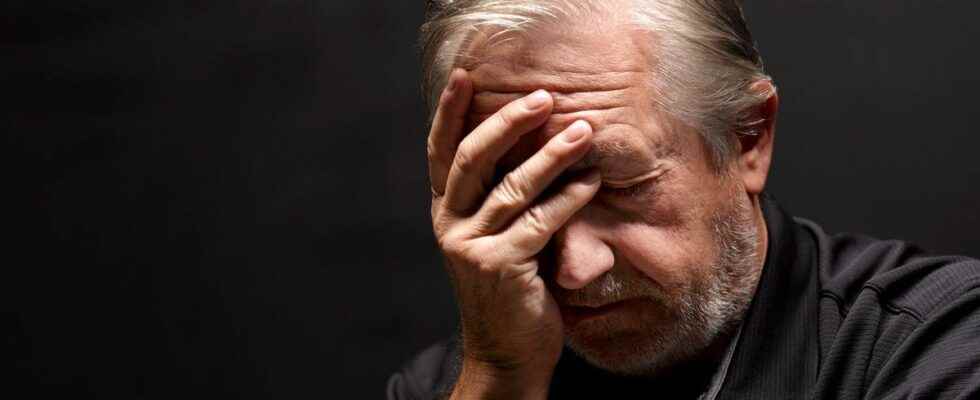Published on
Updated
Reading 2 mins.
The mental health of populations is deteriorating around the world, as several studies have shown in recent years. Are issues of anxiety and mental well-being ailments of the times we live in, or do they benefit from a better light?
The mental health of populations is declining
War in Ukraine, pandemic, eco-anxiety, … The news of recent years has raised the issue of mental health. According the CoviPrev surveycreated following the Covid-19 pandemic and put online by Santé Public France, a third of French people “presented an anxious or depressive state” in 2021.
Is mental health unique to the 2020s? “From the moment there are humans, the question of mental health arises”, explains Quentin Gicquel, intern in public health. The word “mental health” emerged in the middle of the 20th century. In the United States, the National Mental Health Act (mental health law) came into force in 1946. The objective is to improve the treatment and diagnosis of mental illnesses, but also the support of veterans.
In Europe, the World Health Organization created the Mental Health Unit in 1949. His report published in 1961 already points to mental health problems in young adults.
“Mental hygiene is of particular importance in industry since at least a quarter of absenteeism is explained by various mental disturbances usually related to neurosis”, they specify.
The question also arises for children. In order not to disturb their psychological development, specialists suggest that parents “be flexible” in education. Among their recommendations, not to be too strict in terms of meal times and constraints for physical activity. On the other hand, they recommend to the mothers to maintain affectionate relations with their toddlers.
Mental health: still a taboo subject
Public services have taken up the issue for more than fifty years, but until then the term “mental health” was still little known to the general public. For Quentin Gicquel, president of Imhotep associationwhich works for benevolent communication around health, “the term ‘mental health’ is still too often referred to psychiatric pathologies”. A finding shared by an Ifop survey for the AÉSIO Foundation which reveals that nearly three quarters of French people believe that talking about mental health is still taboo.
However, the word is gradually slipping into the public debate and some athletes are placing themselves as standard bearers in this fight. In 2021, gymnast Simone Biles withdrew from the Tokyo Olympics, telling the world that she needed to refocus on her mental health. More recently, former multi-medal swimmer Michael Phelps addressed the depression and anxiety he battles “almost every day” at the “Demain le Sport” festival.
It is in this sense that Quentin Gicquel, with the Imothep association, wants to take advantage of the JOJP in Paris to open the dialogue around mental health, including well-being. Because, according to him, “this evil will be cured by the liberation of speech”. Thus, Quentin Gicquel hopes that “everyone will be able to have resources to get out of the trough”.
